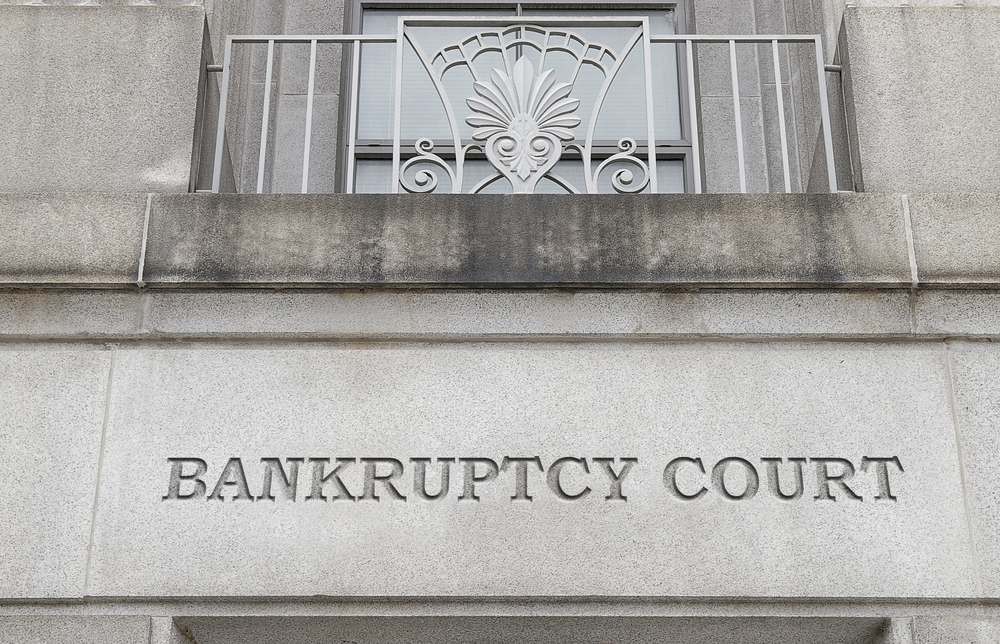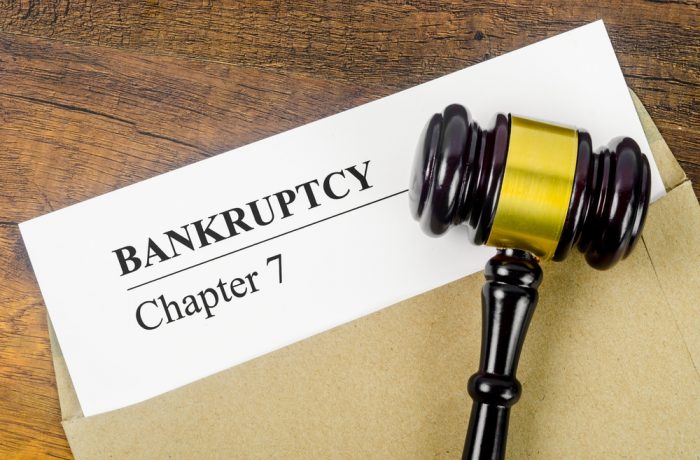The US has approximately 2.5 million people in prison at any given time. While most of them have no significant assets that they would need to manage while away, a few do get snatched away in the middle of a full financial life – mortgages, businesses, outstanding credit card dues and so on. If you have the bad luck to be taken away to prison for any reason, you need to work out how to manage your unusual financial situation. Here are a few tips to help you understand how to deal with these circumstances.
Try to find someone you trust
When a person is sent to prison, the court doesn’t suspend his car, mortgage and child support obligations. They keep building up. When he finally makes it back out again, he can be faced with credit that’s completely destroyed and a mountain of back payments on everything. It’s actually possible for a person to be sent back to prison for certain defaults (child support, for instance) caused by a prison stint.
Some lawyers advise their clients on the financial implications of being sent to prison well in advance of their conviction. These people then find someone that they can trust to make sure that all their payments go out in time.
You need to find a financial executor
New anti-terrorism laws brought into effect after 9/11 require that people opening bank accounts actually show up in person at the bank. This means that opening a joint account for a trusted financial executor is impossible once you actually enter prison. If you have no joint account, you need to completely rely on the executor that you’ve chosen. Many prison inmates find that their executors take advantage of them in these situations. The right way would be to contact a bank before heading off to prison and to set up a trust officer to take care of your affairs while you are away.
You need to set up a power of attorney for your executor
To make sure that your trust officer or other executor is able to gain access to your bank accounts, you need to consult an attorney and draw up the papers necessary to grant power of attorney to him. With it, he should be able to make certain financial decisions on your behalf and make financial dealings for you.
Call up all your creditors and ask for their hardship plan
The payments that you owe on your credit cards, mortgage or other loans aren’t set in stone. Lenders do agree to reduced monthly payments and interest when you prove to them that you are genuinely experiencing hardship.
If you owe child support, going to jail does not automatically change it. If you have the funds needed to pay, you will need to continue paying. If you cannot pay, you will need to appeal in court together with the other parent to make the modifications necessary so that you are excused from paying while you are away.
If you can’t keep up with your payments, you may be able to file for bankruptcy
Many people who are unexpectedly imprisoned find that because they are unable to meet their financial obligations each month, their spouses are hounded by creditors. Filing for bankruptcy from inside prison is a good way out of this situation. Changes made to the bankruptcy law made in 2005, though, make it a requirement that you attend credit counselling before you qualify for a bankruptcy filing. Such attendance doesn’t necessarily need to be in person. It can be over the telephone or the internet. While prison inmates have no access to the internet, they may sometimes be able to get a telephone line. If this is possible, then filing for bankruptcy may work out. In general, if it’s possible, bankruptcy filings should be done before one goes to prison.
Finding a bankruptcy lawyer may be difficult
It can be very difficult for someone in prison to find a lawyer – especially when they have no money (understandable, considering that it’s for a bankruptcy filing). For this reason, many imprisoned people try to file in pro se – they represent themselves. Since it isn’t easy to win a bankruptcy grant, chances of not turning successful are high.
Anyone attempting a bankruptcy filing should remember, though, that bankruptcy doesn’t solve every kind of debt problem. Federal student loans, any restitution costs associated with a crime and child support payments are not excused.
You could consider not filing for bankruptcy
The main point of going to bankruptcy court is to seek the court’s help in keeping your creditors off some of your assets. If a person going to prison has no significant assets that creditors could lay their hands on, there’s no real point going to the trouble. To keep debt collectors off your back, you can ask your family members to tell any debt collector calling that you’re in prison. They usually don’t continue to call then.
The statute of limitations may be able to help
Creditors are only legally allowed to pursue people for money owed for a limited period of time. How long they have depends on the state. For credit card debt, for instance, states such as Texas, California and Pennsylvania allow creditors no more than 3 years before they are forced to forgive what they are owed. States like Montana and Wyoming, Iowa and West Virginia allow creditors up to 7 years. Other states fall somewhere in between.
A person going to prison for an extended period of time needs to consider the possibility that he will no longer legally owe a debt once he is out. For this reason, he may not need to file for bankruptcy.
Need help? Contact the Bankruptcy Law Firm of Figeroux & Associates. Call 855-768-8845 or visit www.askthelawyer.us to schedule an appointment. The lawyer you hire does make a difference!





